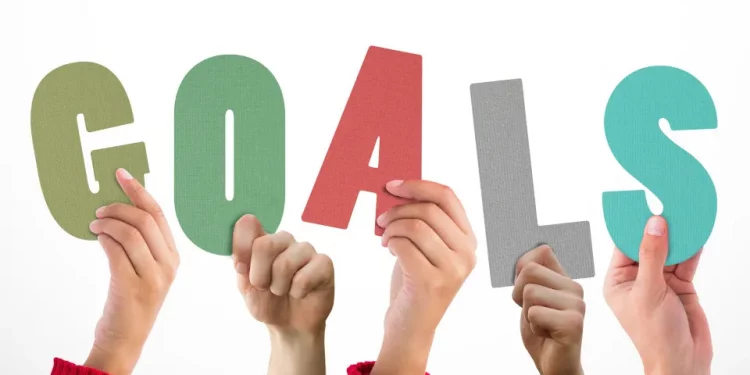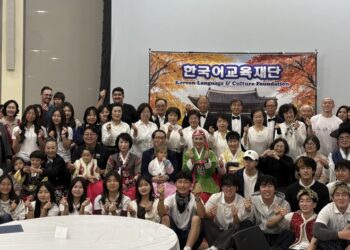In the previous section, I outlined the concept of the “Equation for Achievement”, which posits that achievement is a culmination of talent, skill, and effort.
Have you ever experienced the feeling of not achieving as much as someone you perceive as equally talented and hardworking? Let’s simulate such a scenario. Consider two individuals, Homer and Rocky, who hold the same job, possess equal levels of talent, and invest an identical amount of effort in their work every year. To ease understanding, let’s quantify their talent level as 2 and the maximum effort they can exert per year as 5:

Although arguable, assume that the talent level remains constant over time, as it is innate and challenging to develop later in life (especially after reaching adulthood). The amount of effort, on the other hand, is not constant over time, as it can be affected by various circumstances in life. However, for the purpose of this simulation, let’s grant these two people the super ability to consistently apply the maximum effort every year, regardless of any circumstances.
According to the expanded equation for achievement outlined in the previous section, Homer and Rocky are expected to achieve the exact same outcome each year, which is 50:

Let’s delve into Homer’s experience and analyze his approach to effort allocation over the years. During the first year, there is just so much to learn. Thus, Homer decides to allocate 60% of his effort to acquire new skills for the job (Effortₛ = 5 * 0.6 = 3), while dedicating the remaining 40% towards achieving tangible results (Effortₐ = 5 * 0.4 = 2). As a result, he reaches a skill level of 6 (Skill₁) and attains achievement of 12 (Achievement₁):

In the second and third years, Homer shifts his focus, dedicating only 20% of his effort to acquiring additional skills while allocating 80% of his effort towards achieving greater outcomes, resulting in an achievement of 32:

By the end of Year 3, Homer is content with his hard work yielding increased achievements. Homer also realizes that he has acquired a sufficient skill level of 10 (Skill₁..₃), providing a sense of security in his job. Starting the following year, he decides to allocate his entire effort of 5 towards achieving even greater outcomes. As a result, he attains an achievement of 50 in Year 4, which remains stable thereafter:

At this stage, Homer believes that this is the maximum he can achieve given his talents and available effort, which even aligns with the projected achievement of 50 from the expanded equation mentioned earlier. In Figure 1 from the previous section, Homer can be categorized as Type A, occupying the lowest position on the chart:

Over time, Homer notices that Rocky, who possesses equal talent and puts in a similar amount of effort, consistently accomplishes more than him. Homer, already exerting his maximum effort, concludes that Rocky must be inherently more talented. Unfortunately, this mindset often becomes a trap that ensnares many people. In the following section, we will explore how Rocky allocates his effort differently from Homer and achieves significantly enhanced outcomes.
Next: Balancing Effort: Skill vs. Achievement (2/2)



















